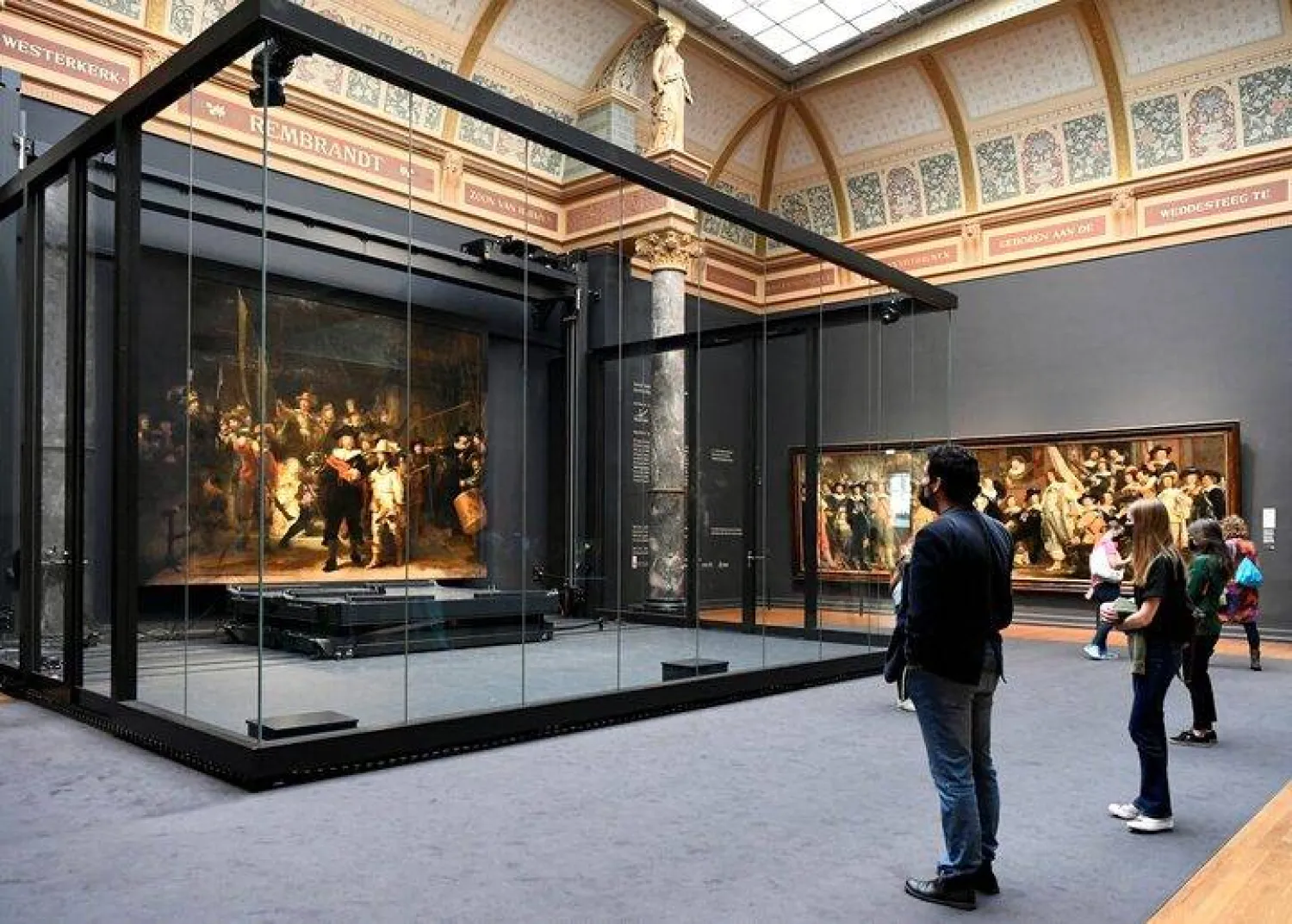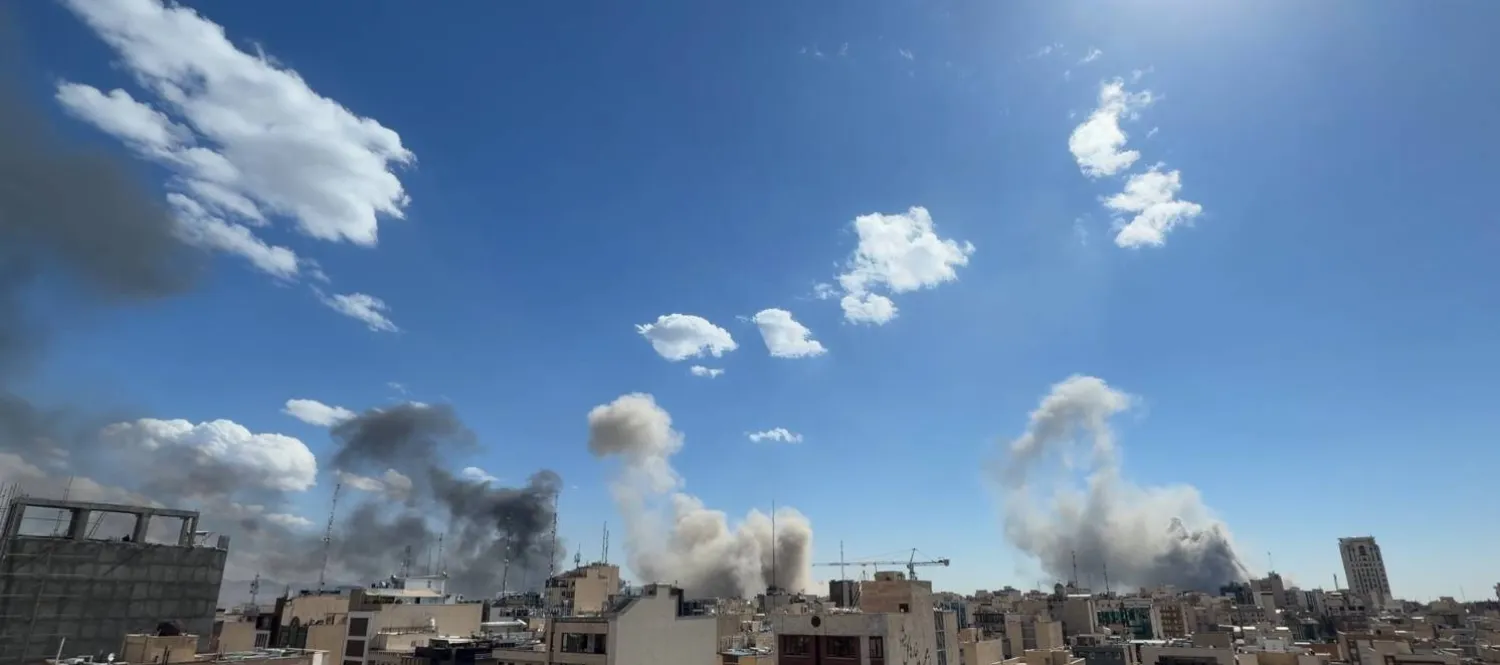The Royal Commission for AlUla (RCU) and Slow Food, the Italy-based global food movement, have announced a new partnership to improve and promote the sustainable regeneration of AlUla’s agricultural and culinary ecosystem.
The partnership aims to highlight the economic, social, and health benefits of AlUla products, promote the region's food culture, ensure sustainability in agriculture, and support the production of sustainable food.
The collaboration follows successful food events in AlUla over the past two years, which positioned the region as an appealing destination for food enthusiasts and tourists. It also strengthened connections between northwest Arabia and Slow Food's global network that is active in 150 countries.
The announcement of the partnership coincides with the fifth edition of the AlUla Dates Season, offering significant economic opportunities for local farmers, families involved in cottage industries, and entrepreneurs, celebrating the region's cultural heritage.
As part of the season, Slow Food is hosting culinary demonstrations by Chef Hooryah Abdulqader and Chef Serhan Hasdemir, who presented dishes using AlUla dates last weekend and will continue this weekend on October 25-26 at the farmers' market in AlManshiyah plaza, AlUla.
Slow Food's philosophy emphasizes agroecology, natural resource conservation, and biodiversity preservation, aligning with the RCU's strategic agricultural goals of supporting farmers and opening new markets for their products.
Moreover, the forthcoming establishment of a culinary arts center within AlUla’s cultural oasis will enhance the partnership's long-term objectives. It will act as a hub for knowledge sharing, cooking, and organizing activities related to sustainable agriculture and culinary traditions, encouraging AlUla residents and visitors to embrace traditional practices.
By promoting cultural education and sustainable agricultural practices within food sectors, the collaboration between RCU and Slow Food will bolster AlUla's economy diversification and draw in tourists.









